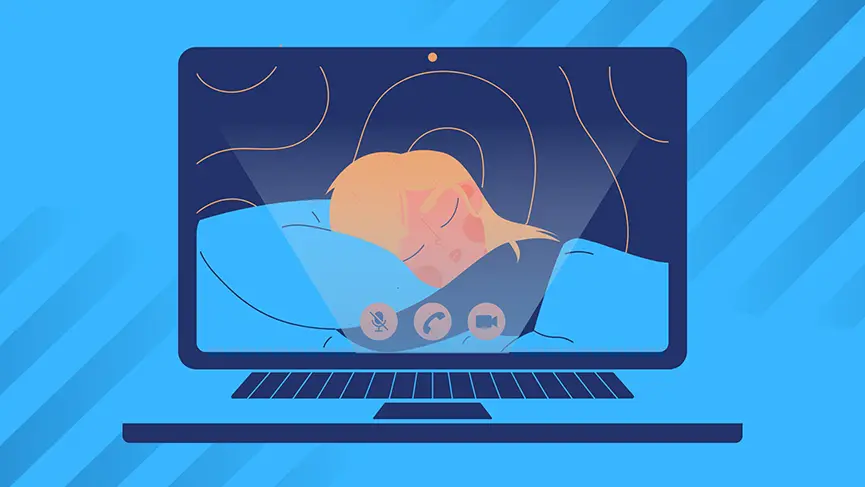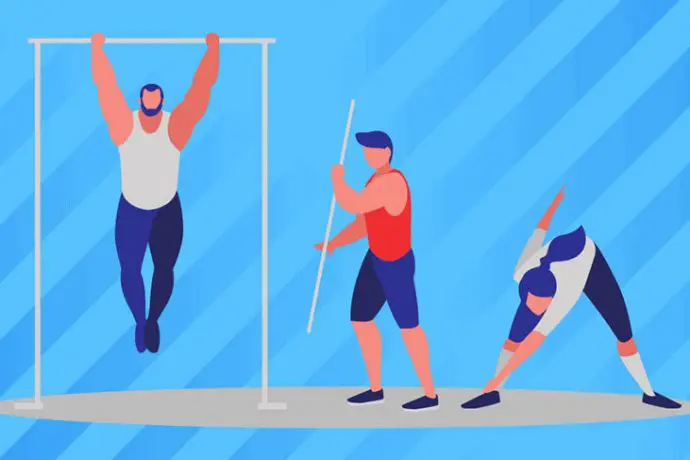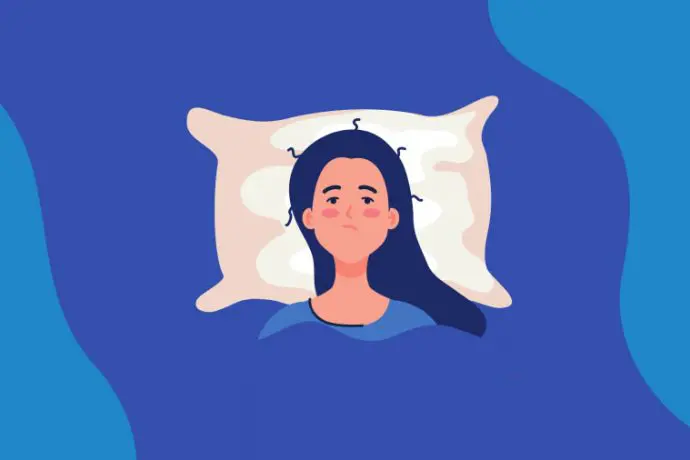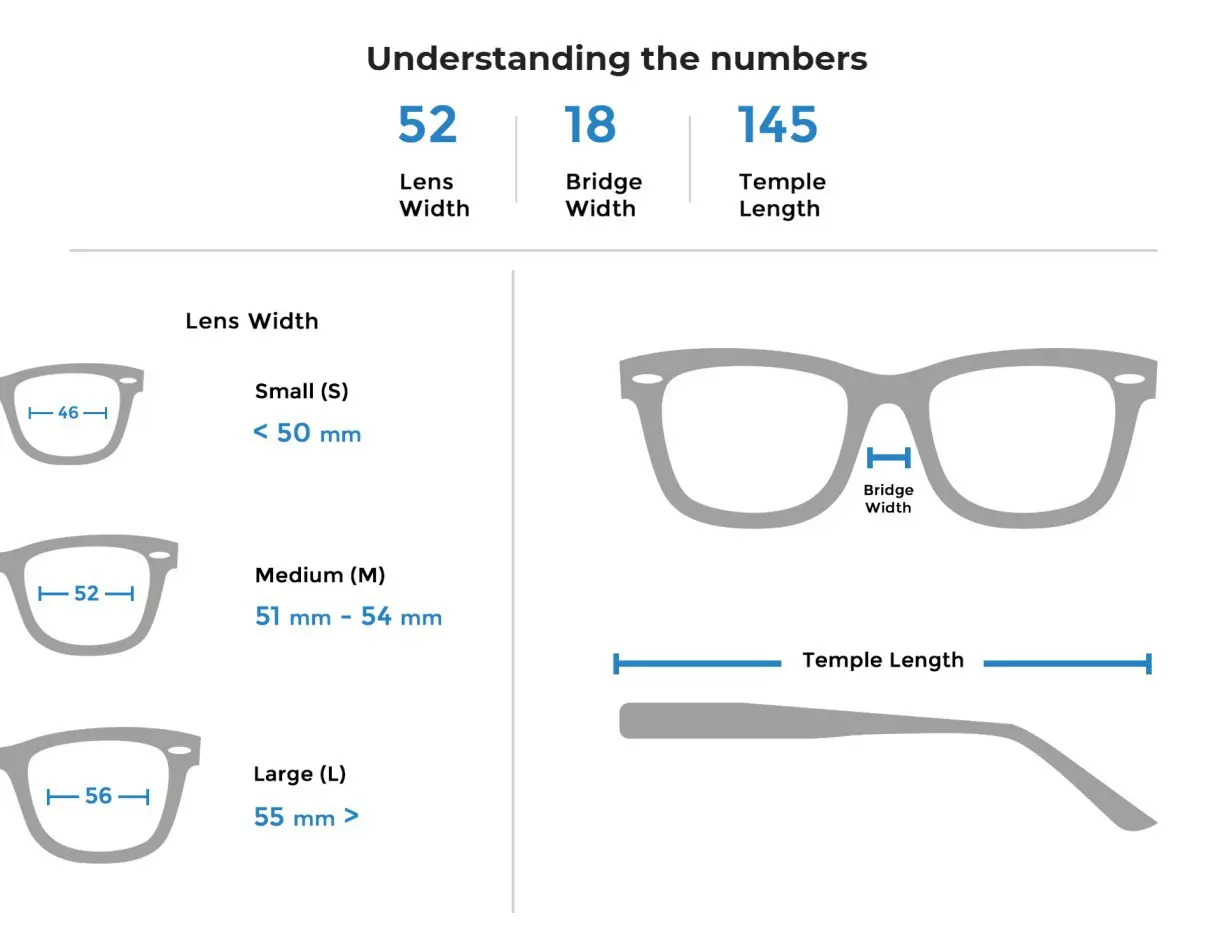Can Screen Time Disrupt Sleep?
With countless hours spent using digital devices on a daily basis, we can’t help but ask ourselves: Can screen time disrupt sleep?
The short answer is: Yes.
Artificial illumination from our phones, tablets, and laptops can negatively impact the light-sensitive cells in our eyes. This prolonged exposure to light that is not in sync with our body’s natural circadian rhythms can disrupt our sleeping patterns and even damage our health.
While lack of sleep might not initially seem alarming, it is important to note that it can have long-term effects on our health.
In this article, we’re diving into screen time and how it could be disrupting your sleep.
Can Screen Time Disrupt Sleep?
The growing use of electronic devices at work, at school, and in the home has many benefits. However, experts are becoming increasingly concerned about how the blue light emitted from digital screens impacts our body’s natural circadian rhythm.
The human circadian rhythm, or sleep-wake cycle, takes cues from natural sunlight. When it is bright outside, our bodies naturally become more alert and awake. When night falls, our bodies react by producing a hormone known as melatonin, which induces sleepiness.
Smartphones, laptops, tablets, and even TVs emit blue light that is very similar to sunlight in that it makes our bodies more alert, thus deceiving it into thinking it is daytime.
So while late-night scrolling or watching your favorite show on your tablet may seem like relaxing activities, they could actually be doing your body more harm than you realize.
The truth is, the longer you spend on your screen, the more you are exposed to blue light, and the greater the consequences for your sleep.
How Sleep Disruption Affects the Body
Waking up cranky or groggy is the body’s natural response to a poor night of sleep. This is something everyone has experienced at least once, if not many times in their life.
These mild side effects caused by not getting enough sleep probably seem pretty normal, and they are. However, it is the long-term effects of sleep deprivation that can have a real impact on your body, and your mind.
Studies have shown that regular lack of sleep, or poor sleep quality, can put you at risk for developing serious medical conditions. Sleep deprivation has been linked to far more than just mood swings or difficulty concentrating.
Some conditions include obesity, heart disease, diabetes, and can even impair the function of the immune system, making our bodies more susceptible to picking up viruses and infections.
If sleep deprivation is left untreated, it can even trigger mood and behavior disorders.
For more on how screen time disrupts sleep, check out our blog post on how insomnia affects your health.
How to Prevent Sleep Disruption Caused by Blue Light
The simplest way to combat sleep deprivation is to get an adequate amount of sleep each night. For the average person, this is between seven and nine hours of sleep per night.
By simply turning off your digital devices one hour before bedtime, you can allow your body to wind down properly and prepare to rest.
You can spend this hour reading a book, flipping through a magazine, journaling, taking a hot bath, or even meditating. Whatever it is that you choose to do, just be sure to avoid using any digital devices.
This situation is ideal, but it is often easier said than done.
For those who find it difficult to put away their phones and laptops before bed, or for those who simply do not wish to change their nighttime routine, there is another solution to getting a better night’s rest.
Enter: Blue light glasses.
Blue light glasses are a simple solution to filtering out the blue light emitted from our digital devices. These glasses include specially designed lenses that control the amount of blue light that enters your eyes.
They are both stylish and simple to use, making them an excellent choice for combatting the effects of blue light. Instead of changing your evening routine, all you have to do is put a pair of blue light glasses on while you use your laptop, phone, computer, or tablet, and you are completely protected.
To find out more about blue light glasses, check out this post.
Final Thoughts: Can Screen Time Disrupt Sleep?
Yes, screen time can disrupt your sleep. However, the good news is that this issue is relatively easy to treat.
The two best ways to prevent excessive screen time from disrupting your sleep are to either turn off all digital devices at least one hour before bedtime or to wear blue light glasses whenever you are looking at a digital screen.
Our team at bluwinx believes that you have the right to a good night’s sleep. That’s why we offer fashionable frames with bwgf Lens technology that provides unsurpassed protection against harmful blue-violet light.
If you are interested in learning more about blue light, visit our blog, and read more about blue light and sleep-related topics.
If you have any additional questions, don’t hesitate to reach out – email us at help@bluwinx.com!















